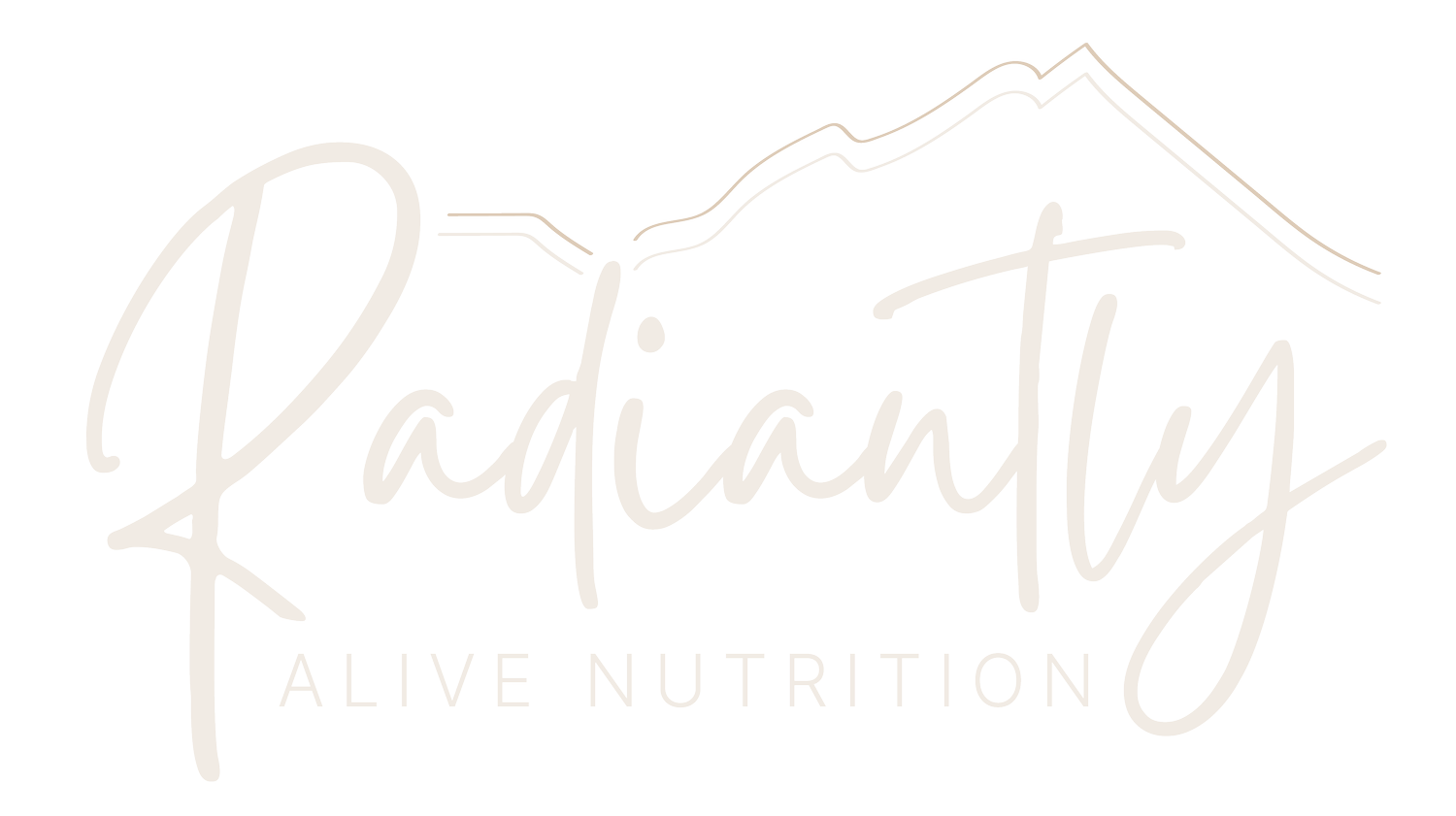Natural Ways to Heal Your Leaky Gut
Leaky gut, also called “intestinal permeability”, is when the tight junctions between the cells that line your small intestine loosen.
This allows bacteria and undigested food particles to enter into your bloodstream, increasing your chances of causing an unwanted immune response.
Left untreated, leaky gut syndrome has been implicated as a factor in many gastrointestinal conditions, including celiac disease, Crohn’s disease, Irritable Bowel Syndrome (IBS), and some autoimmune diseases.
When your digestive tract is inflamed by food sensitivities, bad bacteria, or dysbiosis, your protective mucous layer breaks down. Because your immune system can detect that these substances are unwanted, it triggers an immune response. Without relief from the toxins, chronic inflammation results. This inflammation is thought to be one of the main contributors to leaky gut.
By doing the simple gut healing work I’ll talk about here, you can begin to resolve your leaky gut and the symptoms that go along with it.
What are the symptoms of leaky gut?
Digestive: bloating, abdominal pain, IBS, colitis, Crohn’s, IBD, nutritional deficiencies
Brain & Energy: Depression, Anxiety, brain fog, fatigue (especially after meals), chronic fatigue
Inflammation: joint pain, general aches and pains, arterial inflammation, skin conditions such as acne, rashes, lesions, hives
Immune system: Autoimmune disorders like Thyroid, Rheumatoid Arthritis, Celiac, Fibromyalgia, food sensitivities
Generally, you can suspect leaky gut if you have any of these symptoms listed above.
Underlying causes of leaky gut?
Sugar, alcohol, and some processed foods generally increase inflammation and intestinal damage, or may feed existing dysbiosis, which can lead to increased gut damage and leaky gut. And though these foods are often inflammatory, any food that you have a food sensitivity or food allergy to can continue to encourage leaky gut.
Stress increases cortisol and other stress hormones which can contribute to leaky gut. Chronic stress can make it difficult to resolve your leaky gut and other gut health issues. This also includes chronic stress from over-exercising or over-training.
The use of antibiotics can negatively affect your beneficial bacteria populations, which can lead to leaky gut, and can leave you vulnerable to opportunistic infections. The negative effects increase if you are someone who used repeated courses of antibiotics, even if they were a long time ago.
Intestinal dysbiosis, whether from an overgrowth of bacteria (like SIBO), or parasites or fungi, are a well-recognized contributor to leaky gut by reducing the protective mucous layer in the large or small intestine. Poor diet, chronic stress, frequent antibiotic use, and regular lack of sleep have all been shown to contribute to dysbiosis as well.
How to start healing leaky gut:
Incorporate gut healing foods such as collagen, bone broth or gelatin, fiber and prebiotics, fermented foods and probiotics
Avoid inflammatory foods such as gluten, artificial or processed foods, dairy products, and in some cases - FODMAPS (specific carbohydrates that can cause symptoms such as gas and bloating if you have a bacterial overgrowth)
Take supplements such as probiotics, prebioticcs, L-Glutamine, Vitamin D, Zinc carnosine, fish oil
Heal your intestinal lining by taking an herbal supplement or tea such as a blend of aloe vera, MSM, marshmallow root, slippery elm
Eat lots of fermented foods (if tolerated - some people can't incorpoate these foods until they've addressed potential bacterial overgrowth or histamine sensitivity)
Make regular, moderate exercise part of your routine
Increase nightly hours of sleep
Improve your stress management
Reduce alcohol consumption
Use alternatives to NSAIDS, Aspirin, birth control pills and antibiotics (unless absolutely necessary)
In conclusion, though it can seem like healing leaky gut is complicated, you should know that with some simple, basic supports, your gut will be able to heal. In summary:
Eat an anti-inflammatory diet that’s right for you
Incorporate supplements and nutrients to speed healing and restore your gut lining
Exercise, reduce stress, and get enough sleep.
Contact me to see how I can help you improve your mood and digestive symptoms today!

